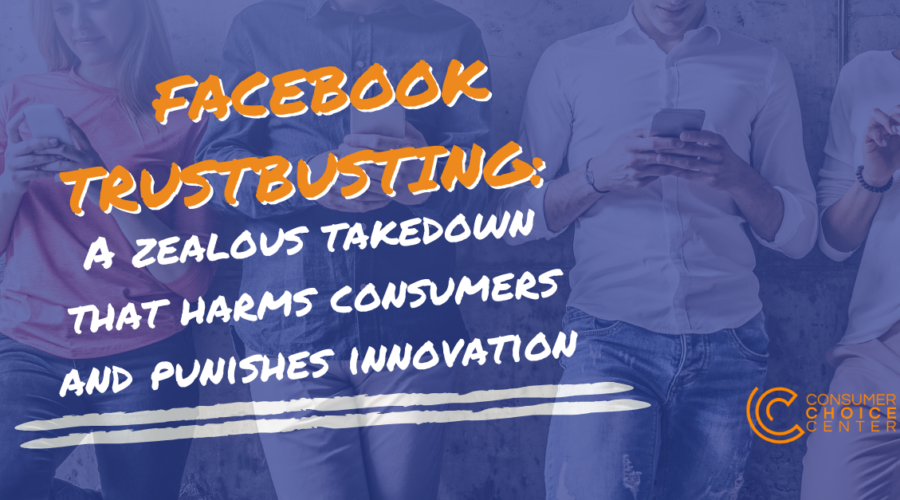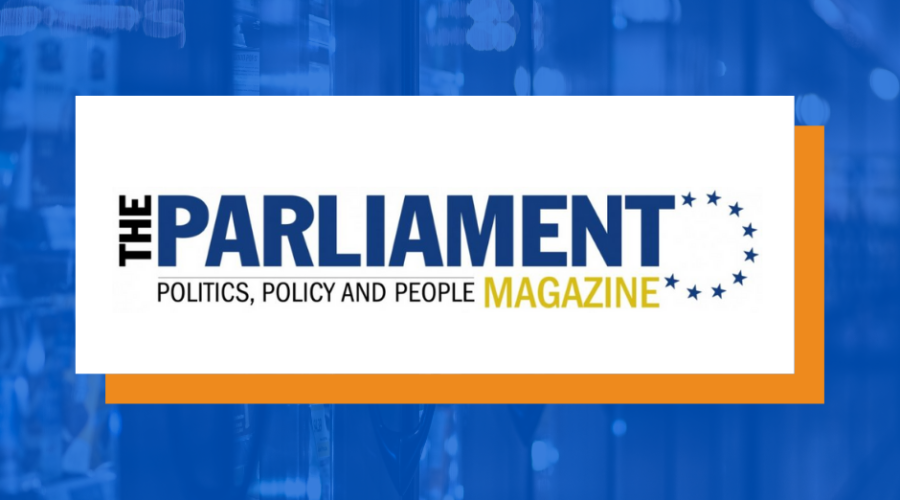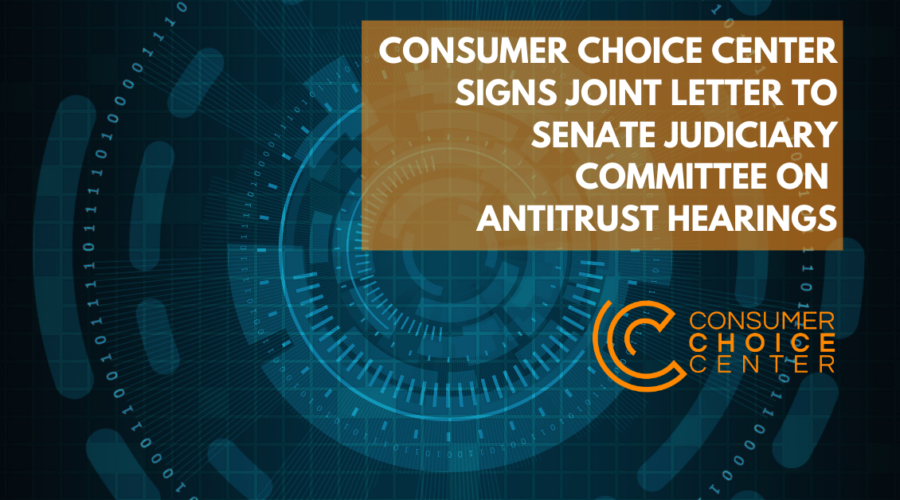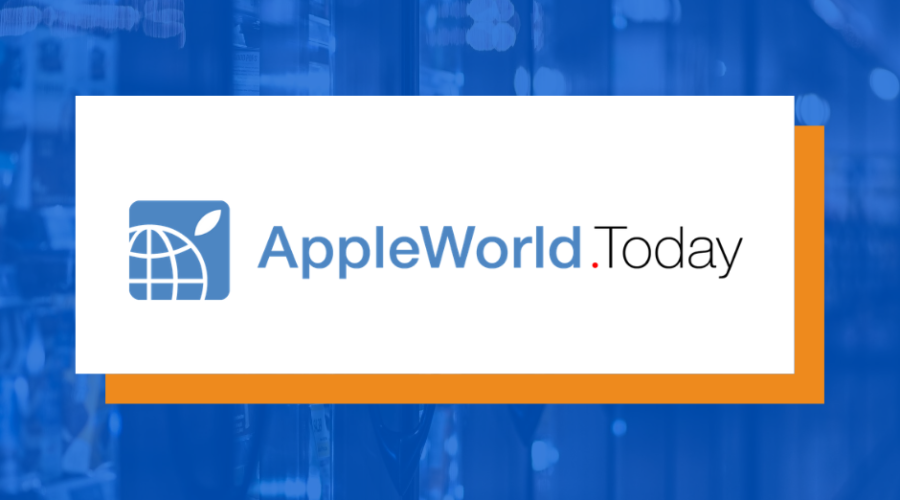The government’s Facebook trustbusting is a zealous takedown that harms consumers and punishes innovation
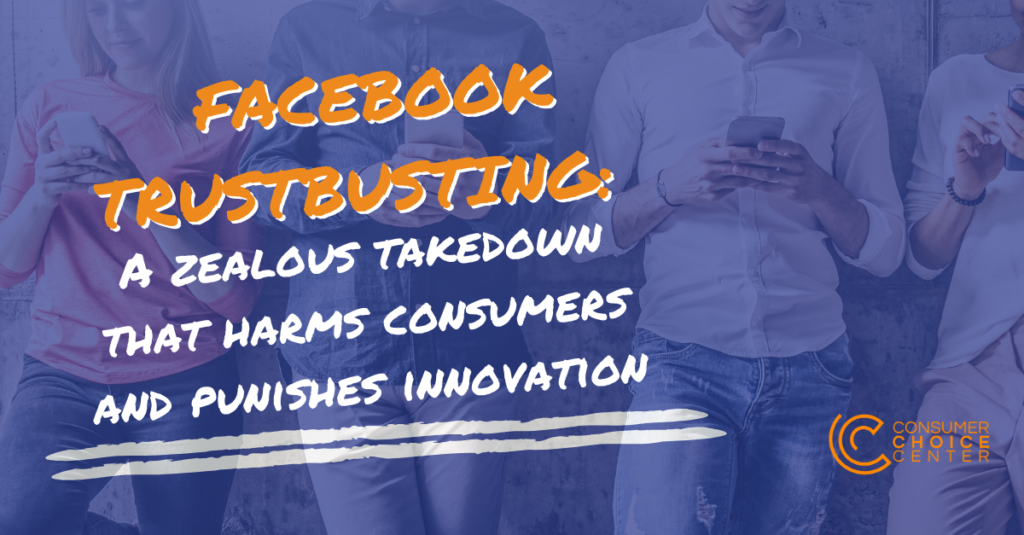
WASHINGTON, D.C — On Wednesday, the Federal Trade Commission issued its long-awaited lawsuit, in conjunction with attorneys general from 46 states, that aims to force Facebook to break up its popular services WhatsApp and Instagram for alleged “anticompetitive” behavior.
Yaël Ossowski, deputy director of the Consumer Choice Center, a millennial consumer advocacy group based in Washington, D.C., said the FTC’s lawsuit does more to actively harm consumers than help.
“The actions by agencies of our federal and state governments to try to dismantle Facebook’s legal business acquisitions after-the-fact are woefully misguided and will end up harming consumers,” said Ossowski. “These are free services offered to consumers in a competitive marketplace that boasts hundreds of social apps for messaging, photo sharing, and social networking.”
The social media platform lawfully purchased Instagram for $1 billion in 2012, and also bought WhatsApp for $19 billion in 2014, offering both cash and stock options for its founders.
Both services were acquired and already greenlit by the FTC, and have achieved inordinate amounts of success and user growth since.
“In terms of social messaging users, WhatsApp is dwarfed by Facebook’s own Messenger and even Snapchat in the United States. And that’s not even considering the nearly 200 million iPhone US users who predominately use iMessage, or the nearly 100% of cell phone users who use traditional SMS,” said Ossowski.
“Instagram was a risky investment in 2012, and has grown to become successful because of Facebook’s own innovation and algorithms. Small businesses and entrepreneurs benefit from these platforms because they can reach customers and consumers love them for their ability to share pictures and videos with friends and family,” said Ossowski.
“This amounts to nothing more than a zealous takedown of American innovation by the political and legal class. If the FTC is successful, it would empower and embolden foreign companies far from the reach of our laws and institutions at the expense of our own tech sector.
“Let’s be clear: The internet is the ultimate playground for consumer choice. Government attempts to intervene and regulate based on political considerations will only restrict consumer choice and deprive us of what we’ve thus far enjoyed,” said Ossowski.
“Rather than speaking for consumers, the federal government and attorneys general are willingly quashing their preferences and choice. That is a much more powerful monopoly than any social media platform could ever hope to achieve,” said Ossowski.
###
The Consumer Choice Center represents consumers in over 100 countries across the globe. We closely monitor regulatory trends in Washington, Ottawa, Brussels, Geneva, and other hotspots of regulation and inform and activate consumers to fight for #ConsumerChoice.
Learn more at consumerchoicecenter.org
